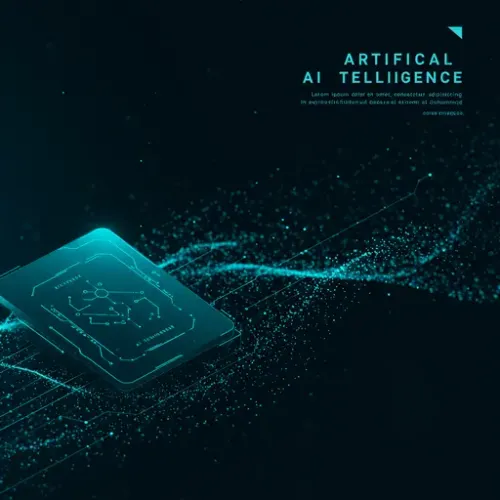New study sheds light on what kinds of workers are losing jobs to AI

The AI Report
Daily AI, ML, LLM and agents news
Are you navigating a career landscape where artificial intelligence feels less like a tool and more like a competitor? The rapid integration of AI into workplaces is shifting job dynamics, and a new study offers crucial insights into who is most affected and why. Understanding these trends isn't just about curiosity; it's about strategically positioning yourself for future success.
The Shifting Sands of Entry-Level Employment
A rigorous study from Stanford economists reveals a significant trend: generative AI tools, such as ChatGPT, are actively replacing roles traditionally held by early-career professionals. Since 2022, employment for those aged 22 to 25 in sectors heavily exposed to AI has seen a 13% decline. This contrasts sharply with more experienced workers in the same fields, and also with individuals in less AI-impacted industries.
Fields Under Pressure
The research specifically highlights areas where this impact is most pronounced. Entry-level positions in software engineering and customer service, for instance, experienced an approximate 20% drop between late 2022 and July 2025. This pattern also extends to fields like accounting and auditing, secretarial and administrative work, computer programming, and sales. These are roles where the foundational “book learning” often acquired at university closely overlaps with the capabilities of large language models.
The Resilience of Experience and Tacit Knowledge
While younger workers face significant disruption, older employees are demonstrating greater resilience. During the same study period, employment in AI-exposed sectors actually rose between 6% and 9% for more seasoned professionals. Why the disparity? The data suggests that older workers possess invaluable “tacit knowledge”—insights gained from years of practical experience that aren’t easily codified or replicated by AI. They also tend to excel in “soft” skills like complex communication, negotiation, and strategic problem-solving—attributes employers are reluctant to automate.
This highlights a crucial distinction: AI excels at processing explicit information and automating routine tasks, but struggles with the nuanced, unwritten rules and human-centric skills that define much of experienced professional work.
Augment or Automate? That is the Question.
AI’s impact isn’t simply about job destruction; it’s about transformation. Just as past technological revolutions rendered some jobs obsolete while creating new ones, AI is driving a “rearrangement” of work. The critical factor is whether AI is used to augment human capabilities or to automate tasks entirely.
Consider fields like nursing: AI can handle rote administrative duties, allowing practitioners to dedicate more time and focus to patient care. In such scenarios, AI acts as a powerful co-pilot, enhancing productivity and job satisfaction rather than replacing the human element. Where employers seek to use AI to support and expand what employees do, entry-level employment has not seen the same decline.
Actionable Advice for Navigating the AI Era
So, how can you not just survive but thrive in this evolving landscape? The answer lies in proactive skill development and a strategic mindset.
Become an AI Co-Pilot
For young workers especially, the imperative is clear: learn to leverage AI as a tool to amplify your own productivity and problem-solving abilities. If your work consists solely of tasks AI can already perform, your value proposition diminishes. Instead, focus on becoming proficient in using AI to enhance your work, freeing you up for higher-level, more complex, and human-centric activities. This could mean mastering AI prompts, integrating AI tools into your workflow, or developing critical thinking skills to validate AI outputs.
Cultivate Tacit Knowledge and Soft Skills
Regardless of your career stage, prioritize developing the “unwritten rules” of your industry and honing your soft skills. Communication, empathy, critical judgment, creativity, and strategic thinking are increasingly valuable. These are the human attributes that AI struggles to replicate, making them indispensable in an AI-integrated workplace. Invest in mentors, seek diverse experiences, and engage in continuous learning that goes beyond textbook knowledge.
Your Future in an AI-Powered World
The rise of AI is not a distant future; it’s a present reality shaping career paths right now. By understanding these dynamics and proactively adapting, you can transform potential challenges into unparalleled opportunities. Don’t wait for change to happen to you; be the one to master the tools and skills that will define the next generation of work. Your career trajectory in the AI era depends on your willingness to learn, adapt, and lead with uniquely human intelligence.

The AI Report
Author bio: Daily AI, ML, LLM and agents news
